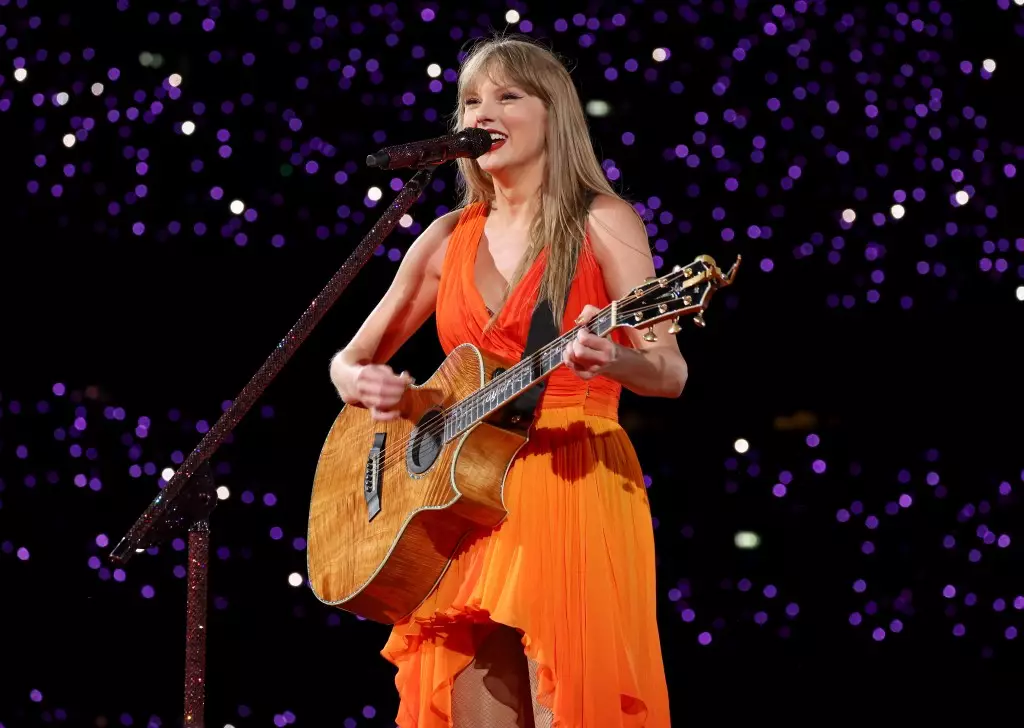In today’s world, the intersection of celebrity culture and public policy often reveals deeper societal dynamics, and the recent events surrounding Taylor Swift’s concerts at Wembley Stadium are a prime example. The unprecedented police escort arranged for Swift during her London performances garnered much attention, largely due to the involvement of high-ranking government officials. This orchestration raises important questions about the prioritization of public safety for celebrities in a society that values both entertainment and security.
According to reports, the police’s decision to increase security for Swift was heavily influenced by UK government officials, including Home Secretary Yvette Cooper and London Mayor Sadiq Khan. Their intervention is indicative of how intertwined the realms of politics and celebrity can become, especially when the safety of a high-profile individual is at stake. The primary worry stemmed from previous challenges faced by Swift, including the abandonment of her Vienna shows due to a serious security threat. This incident alone heightened anxiety surrounding her UK concerts and prompted governmental actions to prevent any potential fallout.
The Metropolitan Police had reservations about providing elevated security for Swift, emphasizing that such resources are typically reserved for high-ranking officials and royals. In seeking to accommodate Swift’s request, the police were compelled to navigate complex protocols while adhering to their duty of safeguarding public events. This situation represents a broader trend of public figures demanding heightened protection, often challenging established norms. By enlisting attorney-general Lord Harmer KC to apply pressure on law enforcement, government officials demonstrated a willingness to bend traditional rules in favor of a cultural icon.
The implications of this arrangement extend beyond security logistics; they also touch on economic considerations. Reports suggest that Swift’s stay contributed significantly to local economies, with estimates showing that her tour could boost UK spending by about £1 billion. The potential fallout from a cancellation, as cautioned by Cooper, would not only have economic repercussions but could also inflict reputational damage on the government. This acknowledgment brings to light the intricate balance of supporting the arts while upholding public safety.
The events surrounding Taylor Swift’s concerts reveal much about the evolving landscape of celebrity status in public life. As artists become influential not just in entertainment but also in economic matters, the societal fabric adjusts to accommodate these figures. The collaboration between celebrity needs and governmental response encapsulates a modern narrative where public safety and economic vitality are inextricably linked. This interplay challenges us to think critically about how we value both security and the arts in an increasingly complex world.
